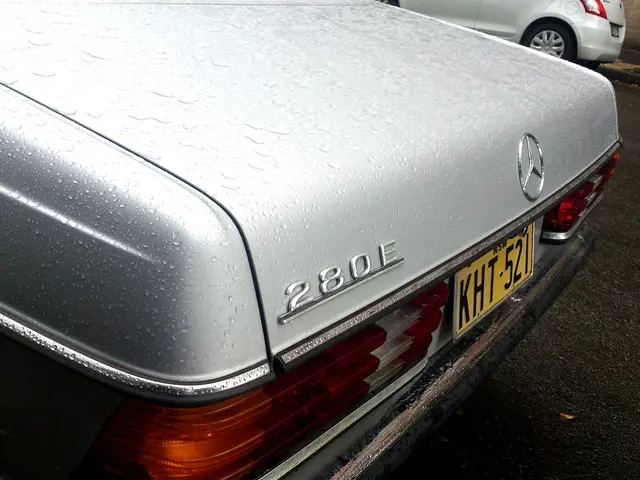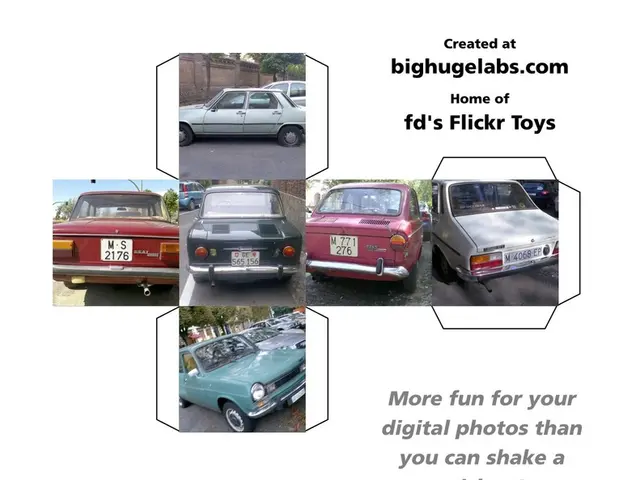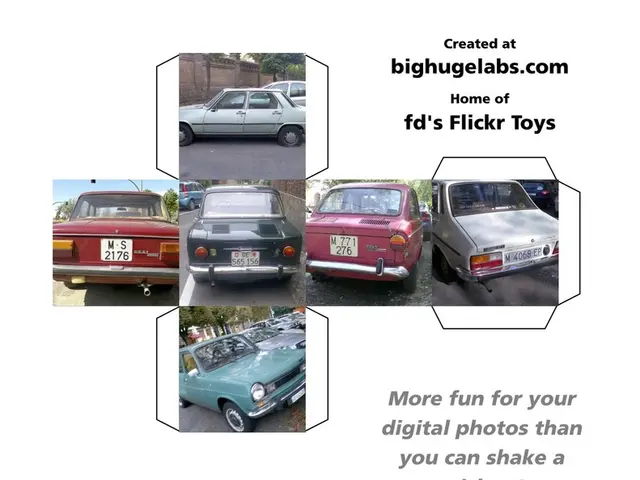Aiming to commercialize hydrogen-powered buses by the year 2032, according to Prevost's ambitious plan.
Prevost, a Quebec-based bus manufacturer owned by Volvo Group, has announced plans to release an electric bus model next year. However, the company's hydrogen-powered bus remains in the development phase and isn't expected to hit the roads for several more years.
The electric bus will boast a battery-powered system, though the current range limits its use for only short distances. Hydrogen, on the other hand, offers a potential solution for long-haul decarbonization, emitting 95% less carbon dioxide compared to traditional buses. Despite this, a small 5% emission is unavoidable due to the need for diesel for ignition, stated François Tremblay, President of Prevost, Volvo Group Canada, and Volvo Bus North America.
Volvo Group is conducting tests on hydrogen prototypes and could introduce hydrogen trucks by the end of the decade, with Prevost following suit with its hydrogen bus sometime around 2031 or 2032, pending successful testing.
Being a part of the larger Volvo Group has benefits for Prevost, as truck-introduced technologies can be tested and integrated into buses for a more mature and proven technology. Prevost has recently begun participating in research efforts, although progress is embryonic at this stage. The company is in discussions with the Hydrogen Research Institute of the University of Quebec at Trois-Rivières to adapt hydrogen technology for buses.
The primary challenge in introducing heavy-duty hydrogen vehicles lies in the lack of infrastructure. Hydrogen is more volatile than gasoline and requires not only charging stations but also efficient transportation to deliver hydrogen to these stations. As a new industry, it currently lacks significant volume and interest, although Tremblay believes it will soon become the solution for long-distance transport.
Prevost's electric bus is set to cost around $1.5 million, nearly double that of a gasoline model. Government incentives for electric vehicle purchases will play a crucial role in driving demand for the electric bus. Some clients have already expressed interest, though no firm orders have been placed yet.
The former U.S. President's lack of emphasis on decarbonizing the economy represented a headwind, according to Tremblay. While the new U.S. government is yet to prioritize this issue, Tremblay expects a slowdown in the industry's growth that cannot be avoided.
Economic uncertainty in the tourism sector is weighing on clients' activities, but Prevost can rely on a diverse client base and good order book to offset the slowdown. The company has secured a contract for 380 buses with the New York City public transport company, set to begin in 2023. The company does not anticipate any significant slowdown for the next two years.
While specific details about Volvo Group's hydrogen-powered bus plans are not yet available, the broader industry is exploring alternative energy solutions. The development of hydrogen refueling infrastructure, cost efficiency, and uniform standards remain critical challenges necessitating resolution to facilitate the widespread adoption of hydrogen vehicles.
- In the near future, Volvo Group may introduce hydrogen trucks, with Prevost likely to follow with a hydrogen-powered bus by around 2031 or 2032.
- Hydrogen, as a potential solution for long-haul decarbonization, emits 95% less carbon dioxide compared to traditional buses, yet a small 5% emission is unavoidable due to the need for diesel for ignition.
- The Hydrogen Research Institute of the University of Quebec at Trois-Rivières is in discussions with Prevost to adapt hydrogen technology for buses, aiming to address the challenges in introducing heavy-duty hydrogen vehicles.
- The electric bus from Prevost is significantly more expensive than a gasoline model, with a price tag of around $1.5 million, but government incentives for electric vehicle purchases can drive demand for the electric bus.
- The development of hydrogen refueling infrastructure, cost efficiency, and uniform standards are critical challenges that need to be resolved to facilitate the widespread adoption of hydrogen vehicles in the automotive and transportation industry, including buses.








